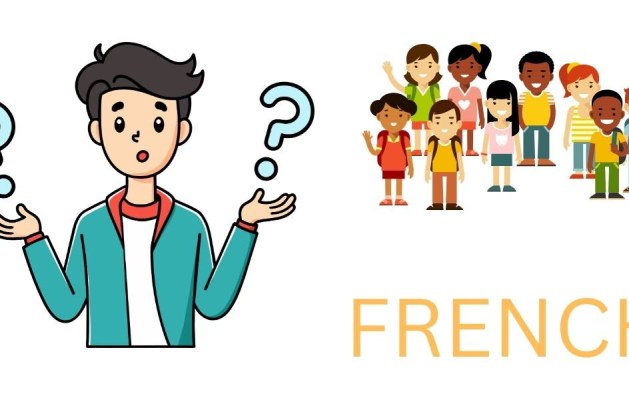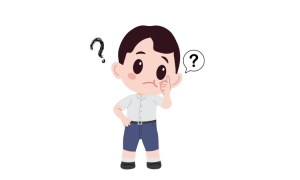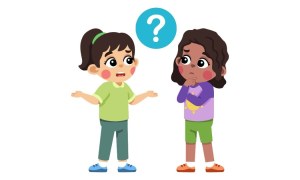When learning French, one of the first things students discover is that some words don’t always translate directly. The word “pupils” in English refers to students or children who attend school. In French, however, there are different words depending on the context, so let’s break down what “pupils” means in French and when to use each term.
1. Élèves (The General Term for Pupils)
The most common French word for “pupils” is élèves. It refers to students or pupils who are attending school, from primary through to high school. You can use élèves when talking about pupils in general, whether in a formal or casual context.
For example:
- Les élèves sont dans la salle de classe.
(The pupils are in the classroom.)
2. L’élève (Singular)
To refer to a single pupil, the word l’élève (pronounced “leh-lehv”) is used. It’s a gender-neutral term, so it can apply to both boys and girls. Just like in English, if you need to specify gender, you can use un élève for a male pupil or une élève for a female pupil.
For example:
- Un élève a oublié son livre.
(A pupil forgot his book.) - Une élève a bien répondu à la question.
(A female pupil answered the question well.)
3. Les élèves en primaire/secondaire (Primary and Secondary Pupils)
In France, élèves are also categorized by the level of schooling they are in. If you want to be specific about whether the pupils are in primary or secondary school, you would say:
- Les élèves en primaire (Primary school pupils)
- Les élèves en secondaire (Secondary school pupils)
For example:
- Les élèves en primaire sont plus jeunes.
(Primary school pupils are younger.) - Les élèves en secondaire apprennent des matières plus complexes.
(Secondary school pupils learn more complex subjects.)
4. Les collégiens / Les lycéens (Middle and High School Pupils)
In addition to élèves, French also has specific terms for pupils at different educational levels:
- Les collégiens: Refers to students in collège, which is middle school in the French education system (grades 6 to 9).
- Les lycéens: Refers to students in lycée, which is high school in France (grades 10 to 12).
For example:
- Les collégiens étudient le français et les mathématiques.
(Middle school pupils study French and mathematics.) - Les lycéens préparent leur bac.
(High school pupils are preparing for their high school diploma.)
5. Pupille (A Different Meaning)
Another word that might come up is pupille (singular), which is used in a completely different context. This term refers to an orphan or a child placed in the care of the state. It’s not commonly used in everyday conversation but can appear in legal or formal contexts.
For example:
- Le pupille de l’État a été adopté.
(The ward of the state was adopted.)
6. La Pupille de l’Œil (The Pupil of the Eye)
In addition to the word for students, the French word pupille also refers to the pupil of the eye (the central black part of the eye). It’s used the same way as in English, but the phrase la pupille de l’œil is often used metaphorically to mean something or someone very precious.
For example:
- Elle est la pupille de mes yeux.
(She is the apple of my eye.)
To sum up, the word “pupils” in French is most commonly translated as élèves, but there are variations depending on the context, such as collégiens and lycéens for middle and high school students. Additionally, pupille has other meanings in legal contexts or when talking about the eye.
Now that you know the different terms for “pupils” in French, you can confidently talk about students in various educational contexts!




Leave a comment